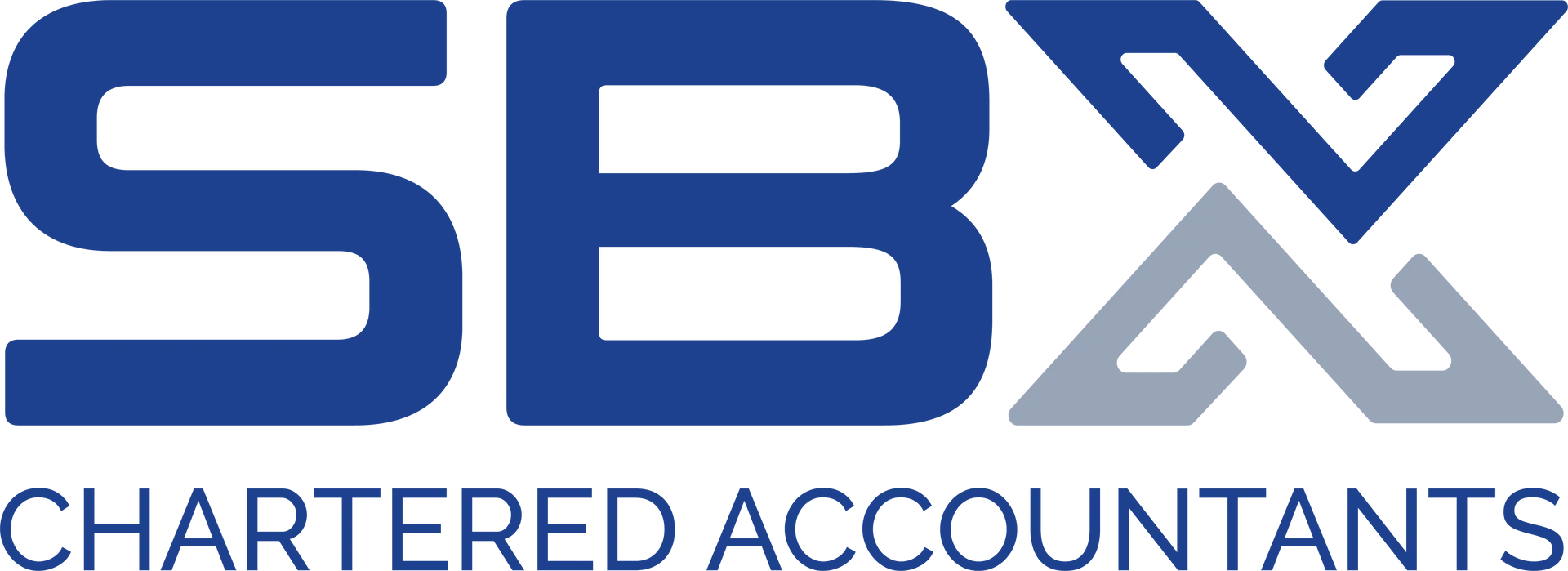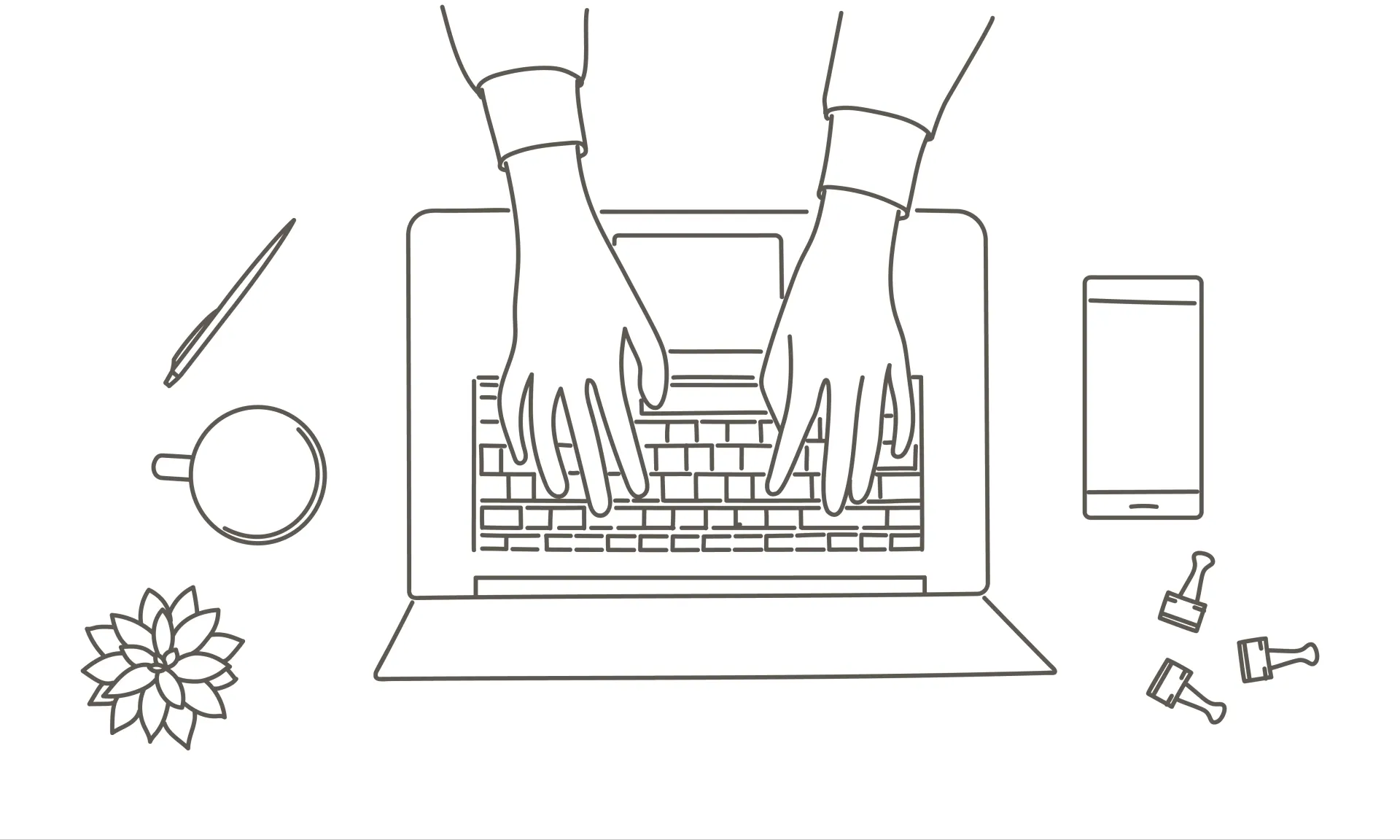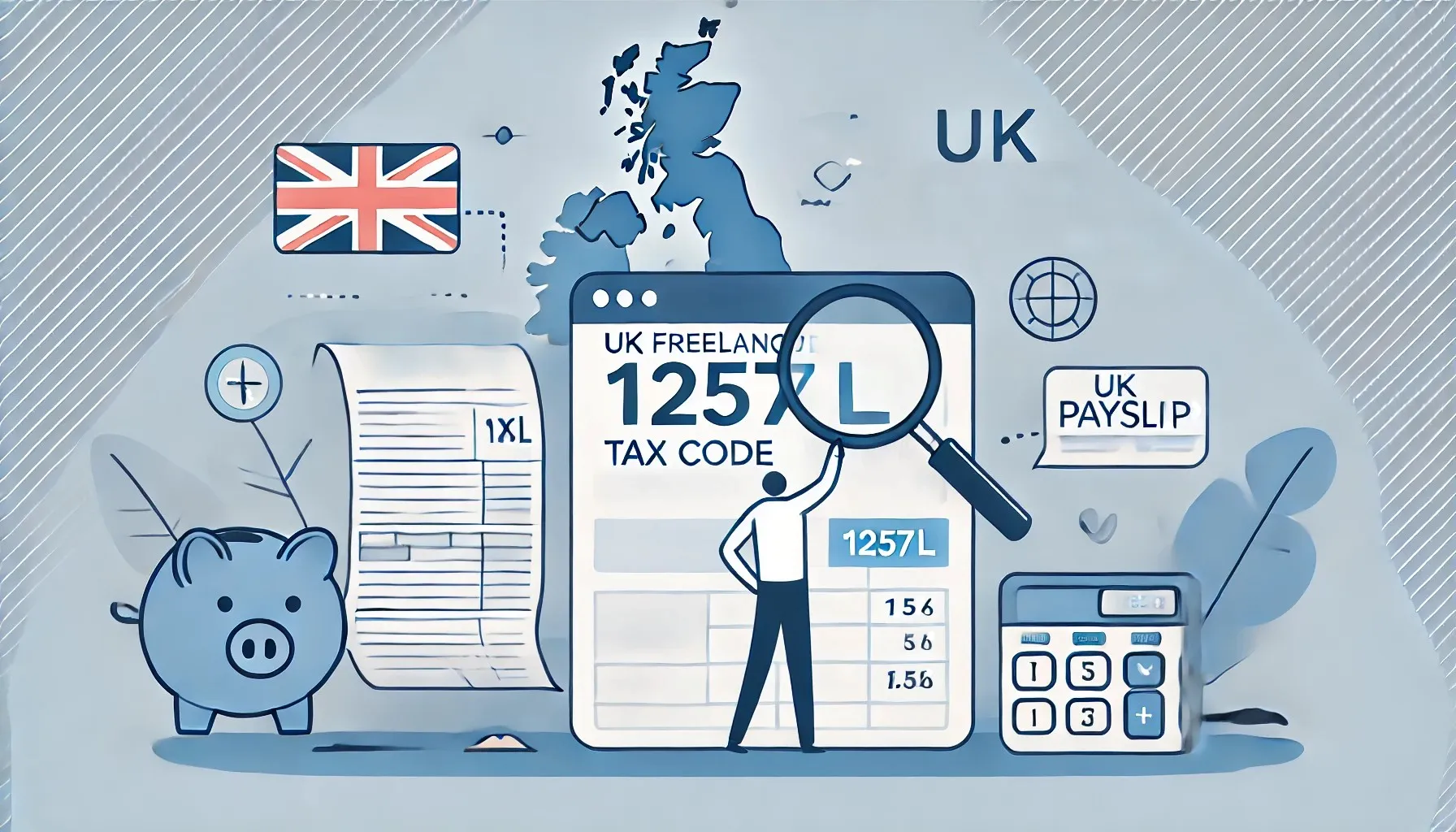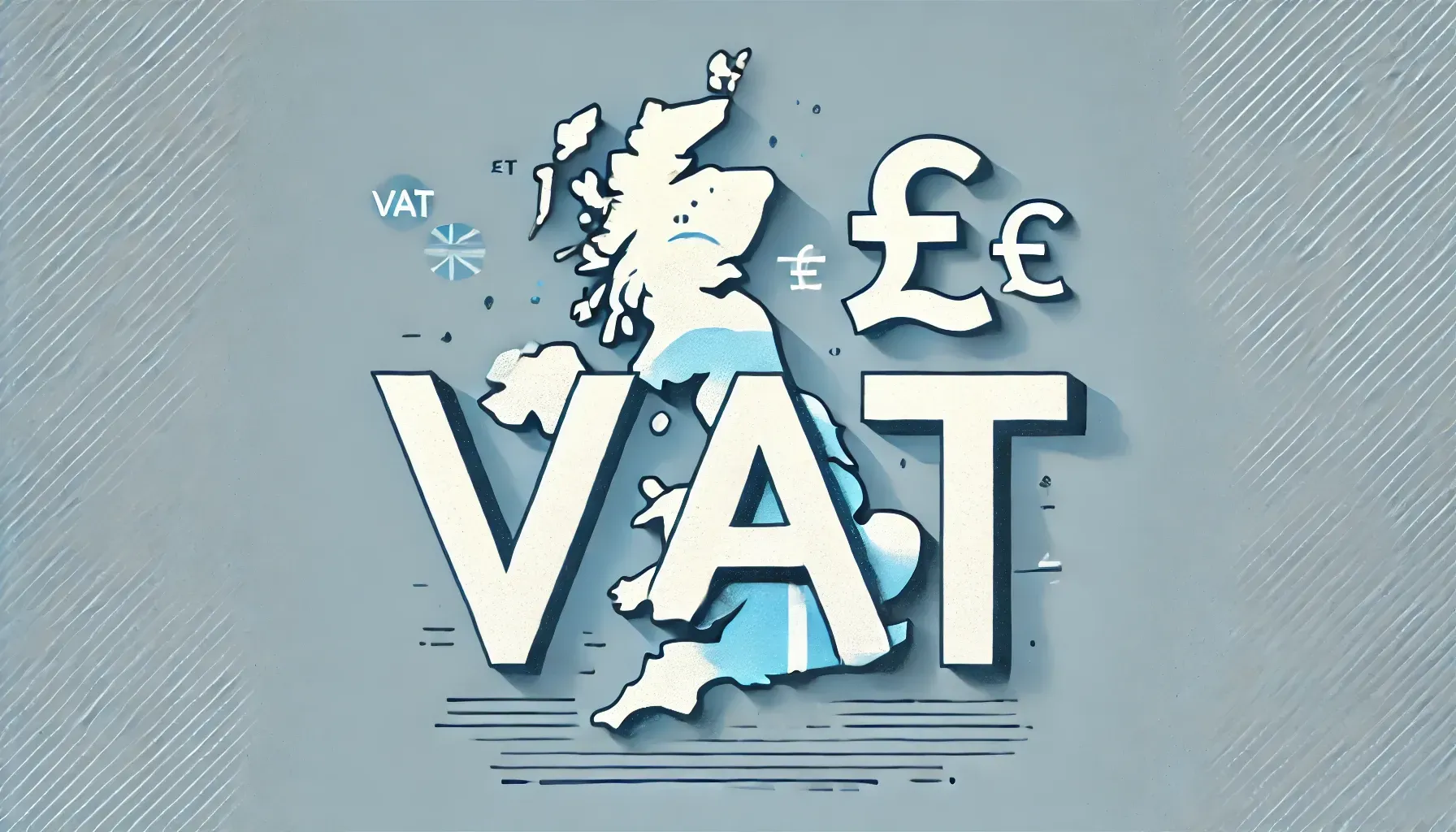From Bricks to Clicks: The Digital Revolution in Property Investing
- 02 May 2025

Incorporation: The Smart Move for Modern Landlords
The UK’s property investment landscape is evolving, and landlords are adapting fast. Recent data from Companies House reveals a remarkable milestone: over 400,000 buy-to-let limited companies are now registered in the UK. This surge, led by a record-breaking 61,517 new incorporations in 2024 alone, reflects a growing trend of landlords seeking greater tax efficiency and financial control.
In fact, the number of buy-to-let companies has grown by 332% since 2016, according to research by Hamptons, outpacing every other industry sector. What’s driving this trend, and how can landlords make the most of it? Let’s explore why incorporation is booming, what responsibilities come with it, and how SBX Accountants can help landlords thrive in this fast-changing environment.

Tax Advantages of Incorporation
The main incentive behind this shift is tax optimisation. Operating through a limited company often allows landlords to pay corporation tax on profits instead of higher rates of personal income tax. This strategy can also offer greater flexibility for reinvesting profits and planning for the future.
Beyond tax savings, incorporation provides a clearer structure for property businesses, especially those with multiple properties or long-term growth ambitions.
The Increasing Need for Professional Financial Support
Managing rental income and staying compliant with UK tax law is no small feat, especially when juggling multiple properties, joint ownership, or property sales that may trigger Capital Gains Tax.
Even sole-property landlords can face a maze of rules and reporting obligations. That’s where having a knowledgeable accountant like those at SBX becomes essential.
What an Accountant Can Help With:
- Accurate income declarations
- Expense deductions
- Capital Gains Tax planning
- Corporation Tax compliance
- Strategic tax-saving advice
Making the Most of Allowable Expenses
There’s a wide range of deductible expenses that landlords can use to reduce their taxable profit – if they know what to claim. These include:
- Letting and management fees
- Repairs and maintenance
- Insurance premiums
- Ground rent and service charges
- Utilities (when paid by the landlord)
- Accountancy fees
Many landlords miss out on deductions simply because they don’t have the right support. With SBX Accountants, nothing slips through the cracks.
Get Ready for Making Tax Digital (MTD)
As the UK shifts to a digital-first tax system, landlords will need to comply with Making Tax Digital for Income Tax Self-Assessment (MTD for ITSA). This means:
- Digital record-keeping with HMRC-approved software
- Quarterly digital updates of income and expenses
- An End of Period Statement (EOPS)
- A Final Declaration submission
Key rollout dates:
- April 2026 – Landlords earning over £50,000 must comply
- April 2027 – Threshold drops to £30,000
- April 2028 – Applies to those earning £20,000+
SBX Accountants offers digital-first solutions, including QuickBooks, to help landlords meet these requirements effortlessly. It’s all included in our fixed-fee packages.
The SBX Advantage: Fixed Fees, Full Support
Many landlords assume hiring an accountant is costly but in reality, a good accountant should save you more than they cost.
At SBX, we offer transparent, fixed-fee packages with no surprise charges. Here’s how we help landlords keep more of their money:
- Structuring your property business tax-efficiently
- Identifying deductions and reliefs you may have missed
- Helping you avoid late filing penalties or costly errors
- Providing financial health checks and Capital Gains Tax advice
- Including QuickBooks software, saving you around £330 per year
Should You DIY or Go Pro?
If you’re confident with tax codes and deadlines, self-managing is possible – at least at first. But once your portfolio grows or your tax situation becomes more complex, DIY accounting can become a risky game.
An accountant doesn’t just manage the numbers – they provide peace of mind, improve cash flow, and help you make better strategic decisions. That’s why many successful landlords view accountants not as a cost, but as a key investment in their business.
Why Landlords Choose SBX
Whether you’re new to the buy-to-let market or an experienced landlord looking to incorporate, SBX Accountants can guide you through every step, simplifying your tax affairs, boosting your profitability, and keeping you on top of regulation changes.
Switching to SBX is easy. If your current accountant isn’t giving you the service you deserve, we’ll handle the transition for you.
Get a free quote by calling us on 020 7046 1730, or email us at info@sbxaccountants.com to talk to our advisory team.
Ready to Take the Next Step?
Whether you’re considering incorporation, looking to maximise allowable expenses, or preparing for Making Tax Digital, having expert support is key.
At SBX Accountants, we specialise in working with landlords at every stage of their property journey – offering clear advice, fixed fees, and hands-on support.
👉 Visit our Landlord & Property Investor page for a full breakdown of our services and fixed-fee packages tailored specifically for property investors.





